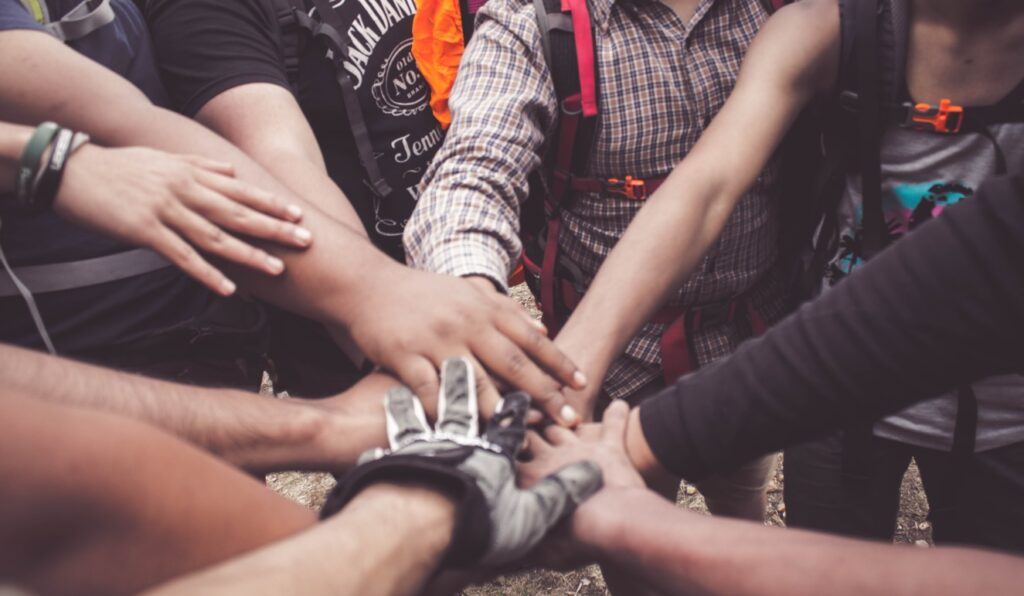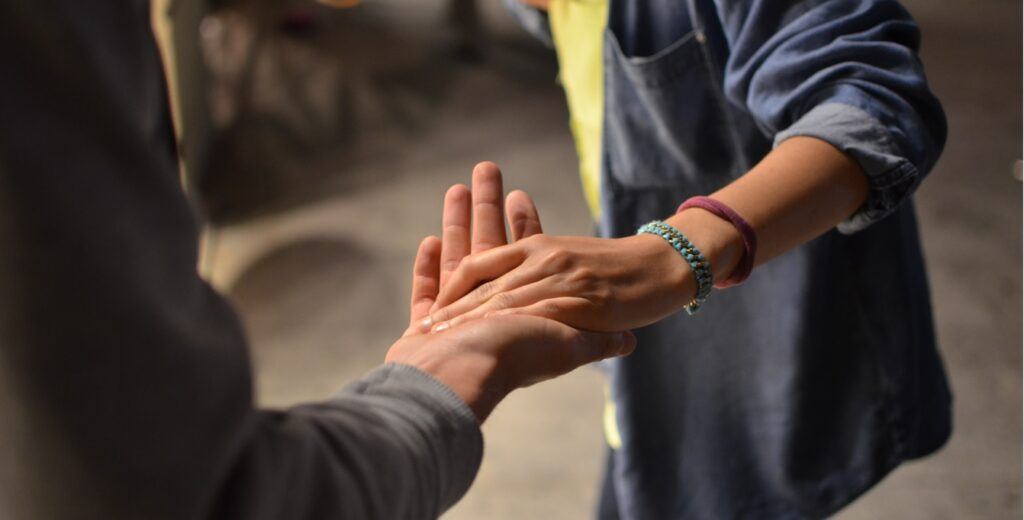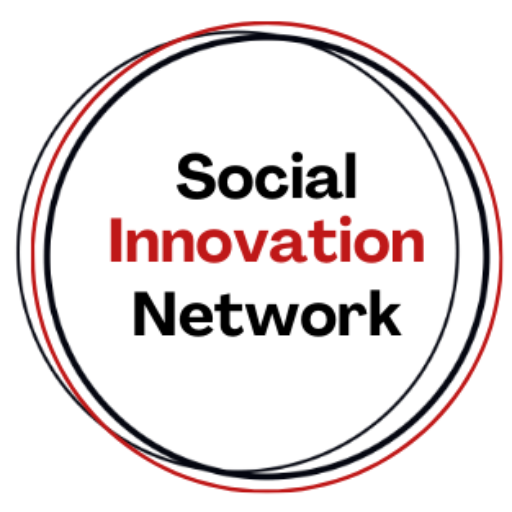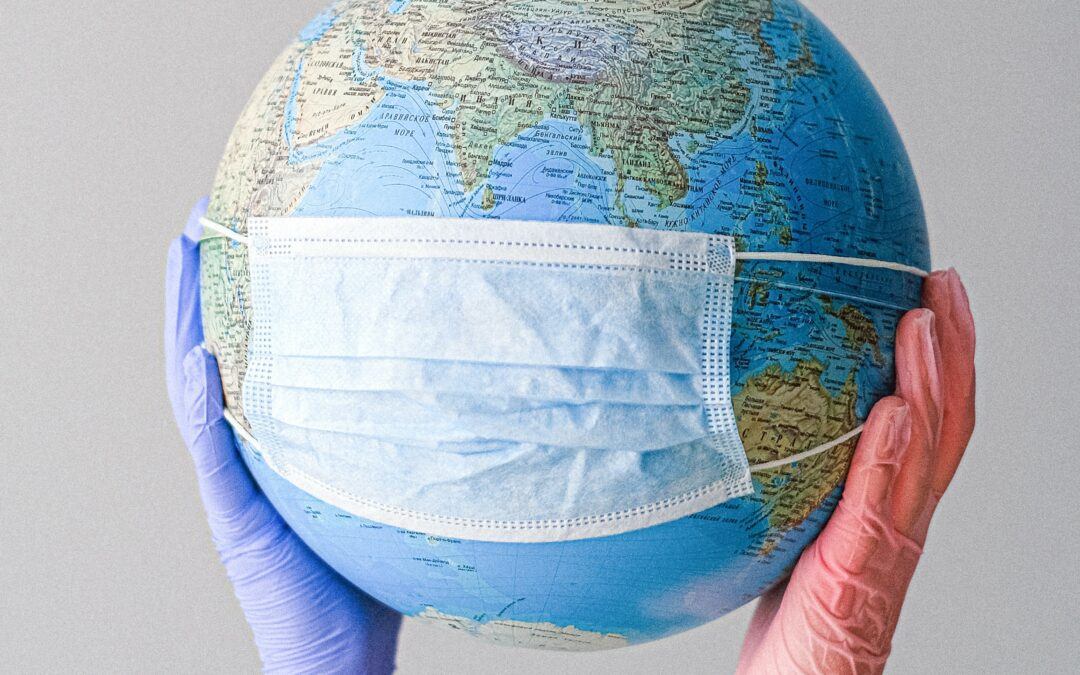The new pandemic has us glued in front of our TV watching the news, concerning about our loved ones that are vulnerable, and adapting to major changes in our lives, from schools closing to having to isolate ourselves. People are worried, but not sure what they can do to help as individuals. That is why I decided to compile a list of simple things you can do to help your community during these hard times. Making a difference towards societal issues does not happen overnight, but every small step each day can end up in making a major social positive change or impact in the long run.
You’re washing your hands. You’re practicing social distancing. But, in addition to taking all the crucial safety steps for yourself and your family, what can you do to help the individuals and communities affected by the COVID-19 pandemic?

- If you can, donate to nonprofits helping to respond to COVID-19 – and your other favorite causes as well
I realize that in the face of this uncertainty, with most us having our jobs on the line and generally being a poor country, we can’t actually afford to donate, but those that are in a financial position to do so, you should consider making a donation to directly help combat the COVID-19 pandemic. Donors can make the greatest difference by supporting medical needs in Macedonia and internationally as well as by supporting organizations that are serving vulnerable populations who will be most affected by the virus’ spread and its impact on the economy.
Donating or helping, even in a small way can make a huge difference. For example, an atelier in Tetovo (shout-out to KreshnikeIljazi Fashion) made 200 masks and handed them out for free to the citizens. You could also start a campaign on social media for donations. That’s what my university professor HasimDeari did by creating the hashtags: #TëNdihmojmëKamarierëtTonë #TëNdihmojmëNevojtarëtTonë #TëNdihmojmëKafeteritëTona #TëNdihmojmëBiznesetTona for donations to the local restaurants or bars of your choice since the service industry is the hardest hit at the moment.
Another example is the project “UNITE (FOR IMPACT)” by AISEC in Macedonia in collaboration with Ways2Help, YES and Љубезност organized in December of 2020 where they helped three of the most vulnerable categories in our country: the homeless, mothers and kids by donating food and other necessities that were given by the community. The sentence that made an impact in me was, and I quote “we see the solution in people”. The project is over, families were helped, but I consider it as something I had to include in this article as an example of what a community can do.
But donating doesn’t always mean you have to donate money or things though. You could also ‘donate’ your time and skills by volunteering. Volunteer for organizations that are providing crucial services in your community. Reach out to local charities and ask how you can best support them with your time, keeping safety in mind. You can also search online for volunteer opportunities in your area. Things that you can do safely from home in support of a nonprofit’s mission could include everything from assisting their marketing efforts or grant writing to serving as a crisis counselor on a hotline service.
- Check-in on elderly neighbors, especially if they live alone
Text or call your neighbors (especially elderly neighbors) to make sure they’re doing okay. If you feel comfortable going out, consider knocking on their door and check if there is anything that they need like a run to the market for groceries or other supplies. You can also offer to bring them meals several times a week — you can arrange to leave them outside their house so you don’t risk spreading germs.
- Use your voice to combat misinformation online or to advocate for the individuals and organizations that need our help
Because we live in a digital age, news about the coronavirus and misinformation about the outbreak is spreading nearly as fast as the virus itself. Fake tips on how to prevent or even cure coronavirus have gone viral and so have hoaxes aimed at spreading confusion. After the initial outbreak of COVID-19,conspiracy theories and misinformation emerged online regarding the origin, scale, and various other aspects of the disease. Get informed from trusted sources like the World Health Organization, local health authorities (Ministry of Health of N. Macedonia), or your doctor/hospital. That way you can be a voice for how people can help each other in this time of social distancing while staying safe. Remind people to support the charities they care about. Share local volunteering opportunities and other ways of how people can help those impacted. As you’re learning about how people are being affected and what the needs are, share that information—and tell people what you are doing to make a difference. Witting your example will help those in your network to realize that they can take action too.

COVID- 19 has had major social, economic and healthcare impact, but one thing is certain: its impacts are often uneven. The pandemic disproportionately affects certain vulnerable groups, including the poor, women, indigenous people, ethnic minorities, persons with disabilities, sexual and gender minorities, and refugees. In a small and developing country like ours, with a government that faces many “hardships” that disproportion is magnified 10x. So, as a community, we have to work 10x more to really make a change and help our community and in the process help ourselves. Making positive social impact doesn’t mean always to have a brilliant idea to solve some specific problem, sometimes it is all small steps of each individual that count and their positive actions towards the society and helping others.
In the end, we know it’s easy to lose hope and brood over the negative side effects of any event, especially when as a community we’re battling a global pandemic. But this may as well lead to breakthroughs & innovations. Quarantine welcomed ideas, tips, & tricks to beat the lockdowns & help our communities. Companies had to undergo some major digital social innovations and with having to work remotely they started thinking about coming up with product & service ranges that enable you to be as connected as you are with your teams and also your loved ones, education had to become digitized which made it more affordable, and many more positive changes.







